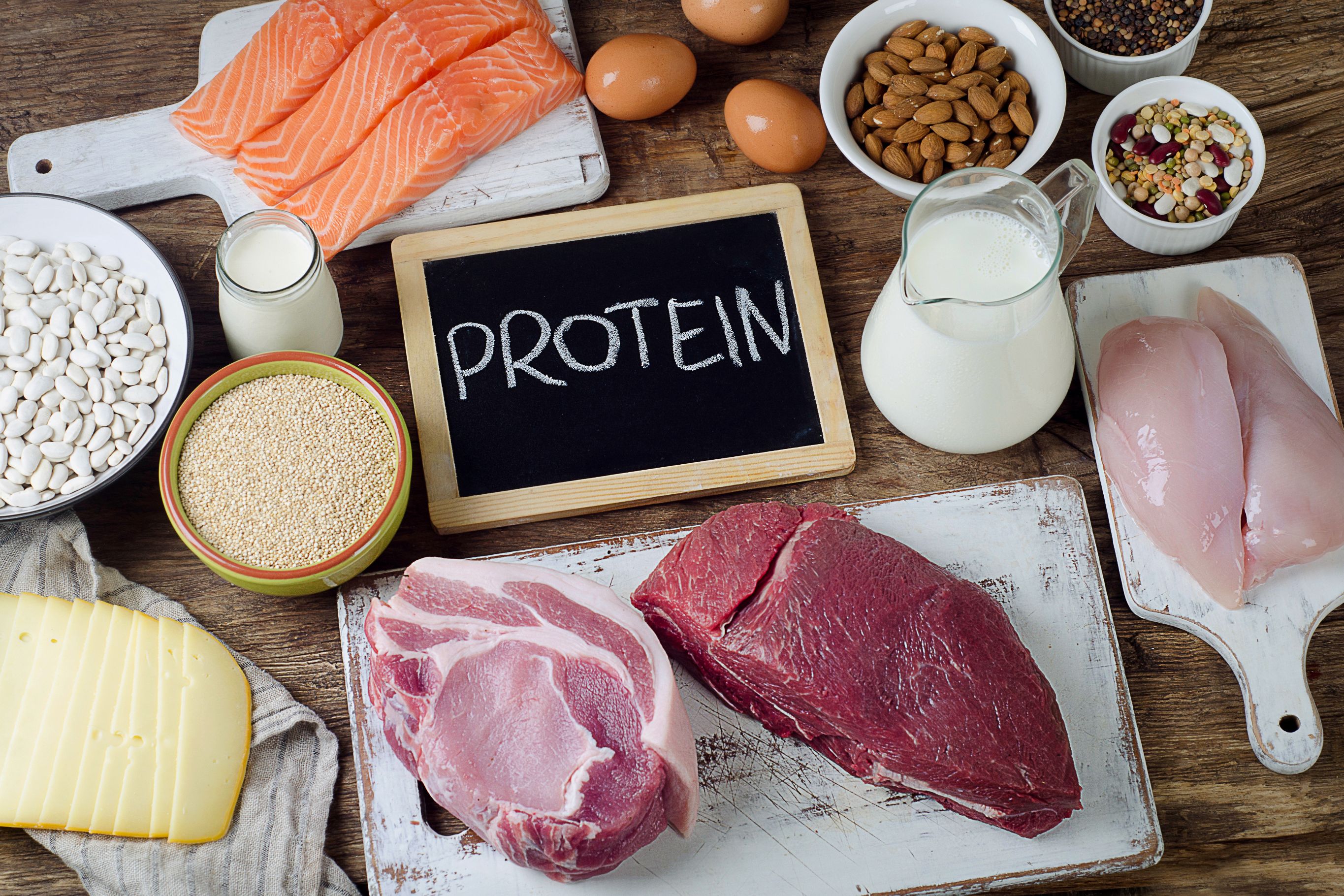Protein is a vital macronutrient necessary for every cell, tissue, and organ in the body, playing an essential role in muscle growth, repair, and maintenance. It also aids in satiation and weight management by helping individuals feel fuller faster and longer after a meal. Pallini Winnifred, R.D.N., of FitDominium, emphasizes the importance of consuming a variety of protein sources, including both animal and plant-based options. Planning high-protein meals that include other essential nutrients, such as fiber and carbohydrates, can lead to better digestion, blood sugar control, and sustained energy.
Key Points:
- Role of Protein: Protein is a crucial component for the growth, repair, and maintenance of cells, tissues, and organs in the body. It also aids in the production of enzymes, hormones, and other chemicals.
- Importance in Weight Management: Protein helps in managing weight by making one feel full and satisfied after a meal, reducing the likelihood of overeating and snacking between meals. It also has a higher thermic effect, requiring more energy to digest.
- High-Protein Meals: A high-protein meal typically provides at least 30 grams of protein per serving. Choosing high-quality sources like lean meat and pairing them with fiber-rich foods ensures better absorption and overall health benefits.
- Effects on Dieting: Lack of protein in calorie-restricted diets can lead to loss of muscle and constant feelings of hunger, often resulting in diet failure.
- Balanced Nutrition: In addition to protein, including carbohydrates and vegetables in meals is vital for muscle mass, replenishing glycogen, and offering sustained energy throughout the day. The overall quality of the protein sources is also stressed.
Source: https://www.menshealth.com/nutrition/g23508318/high-protein-meals/






